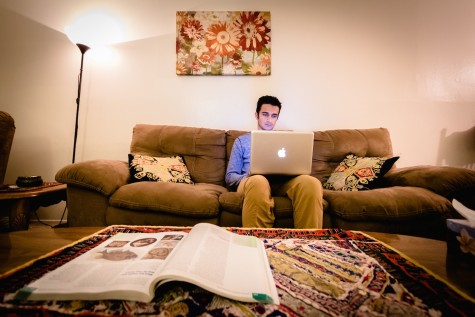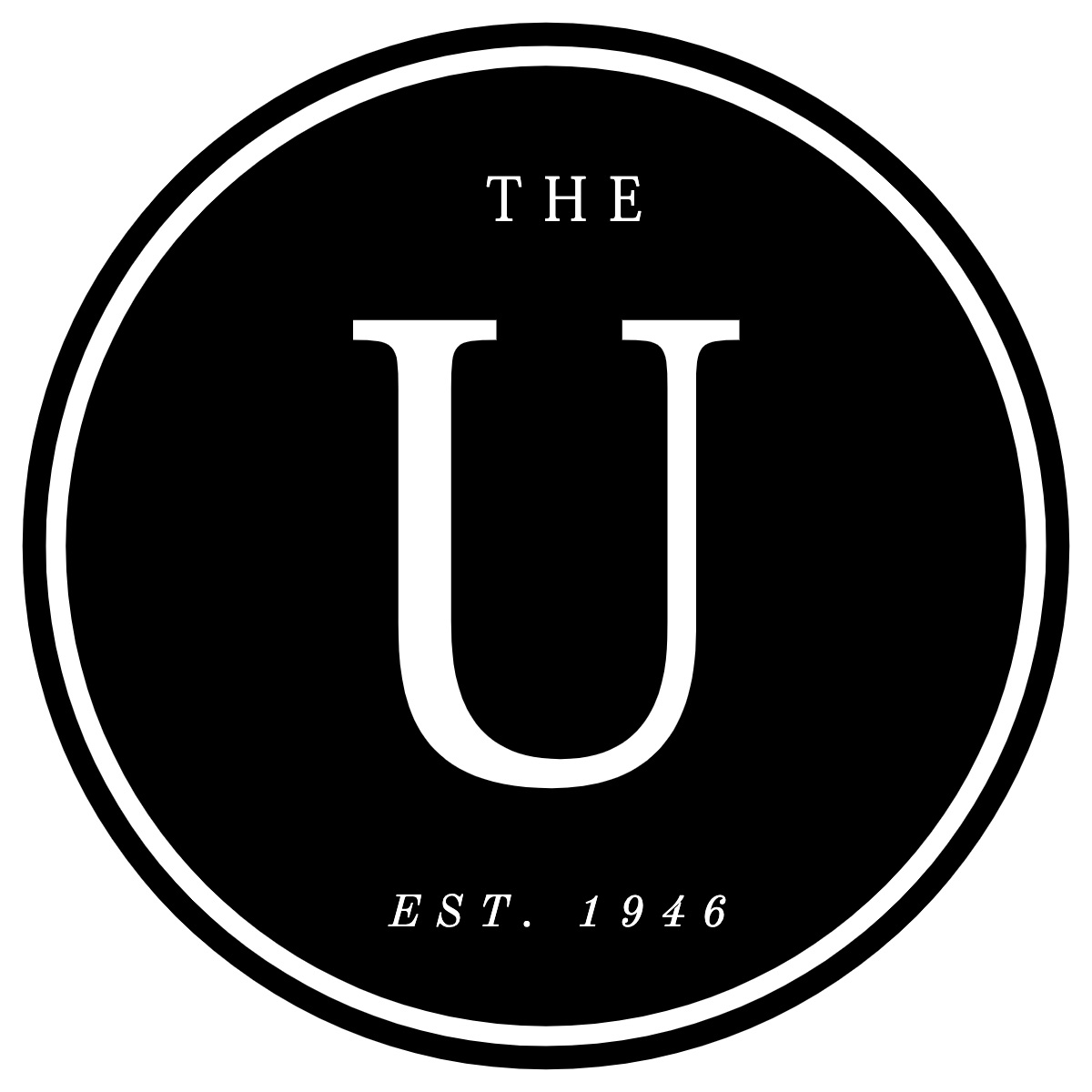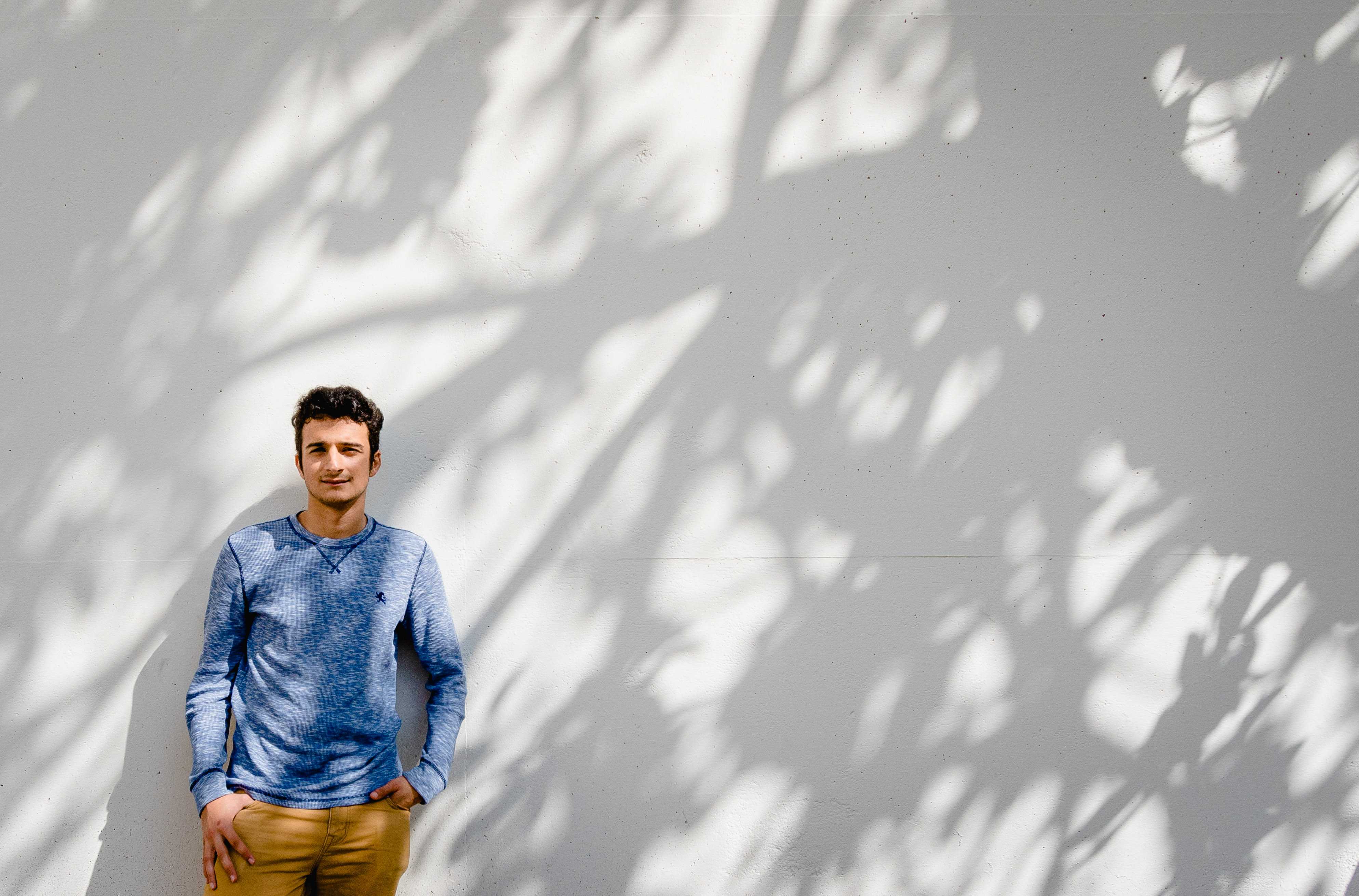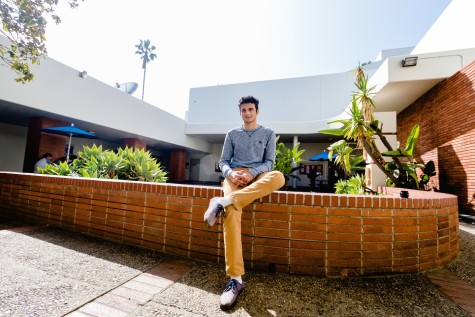American dream or nightmare?
April 25, 2015
“Watch out, he has a bomb in his head!”
Those were the first English words spoken to Hamoun Dolatshahi on his first day of high school in the United States.
“It was meant as a joke,” Dolatshahi said, “but it was anything but funny. Instead, it reflected the racial discrimination and Islamophobia I’ve experienced my whole life.”
Dolatshahi’s father is Persian and his mother is an Iranian Kurd. According to the Associate for Diplomatic Studies and Training, the Kurds make up the fourth largest ethnic group in West Asia, and since the collapse of the Ottoman Empire during World War I, have long been enduring persecution and genocide from forces in the Middle East.
The Kurdistan Regional Government (KRG) website reports that in 1987, led by Saddam Hussein, “the Iraqi government [carried] out the genocidal Anfal campaign against Kurdistan’s civilians, of mass summary executions and disappearances, widespread use of chemical weapons, destruction of some 2,000 villages and of the rural economy and infrastructure,” leaving an estimated death toll of 180,000 Kurds.
In their native country of Iran, Dolatshahi said his mother experienced extreme discrimination because of her ethnic identity.
After being fired from her job “because she spoke out, defended [the Kurdish] people,” Dolatshahi said, “my family’s safety was left to [a] corrupt government.”
The Dolatshahis knew that they could no longer continue a life in Iran.
“We fled to Turkey,” Dolatshahi said, “where I found some Kurdish friends my age. They helped teach me Turkish and Kurdish,” in addition to the Farsi he spoke as his native tongue.
“After a year, and with help from the Office of the United Nations High Commissioner for Refugees, I came to South Torrance High School, in 2011, knowing very limited English other than the few formal greetings and phrases taught at most primary and secondary schools in Middle East,” Dolatshahi said. “I would say ‘How do you do?’ and get weird looks from my classmates.”
America is very decentralized; every university and system is different. Whatever fits one thing might not fit the other—not just in education but in culture as well.
— Leonid Rachman
An even greater language-based obstacle was that of transferring Dolatshahi’s academic history.
“South High’s administration took one look at my [Iranian and Turkish] transcripts and told me, ‘We can’t read this,’ with a blank stare,” he said.
He then paid $160 to have his records translated officially by the International Transcript International Transcript Authentication and Evaluation Service. However, “because the transcripts used a 1-20 scale instead of letter grades, the administration said that they still weren’t entirely sure about the foreign grading system,” Dolatshahi said.
“They gave me ‘C’ grades for all of my classes,” Dolatshahi said. “I really had gotten mostly As and Bs.”
Despite the fact that he entered the school as a senior and had been taking calculus classes in Iran, Dolatshahi was forced to complete basic algebra in addition to history, health, and English as a second language classes before he was allowed to graduate.
Similar experiences occur within the El Camino community. Leo Rachman, program coordinator of the International Student Program, said that proper evaluation of foreign credits is a problem with which international students often struggle.
“America is very decentralized; every university and system is different,” Rachman said. “Whatever fits one thing might not fit the other—not just in education but in culture as well.”
Cultural differences are something that Dolatshahi also found difficult to adapt to initially.
“One thing I remember,” Dolatshahi said, “was when [a classmate] thanked me for letting her take my seat so she could sit next to her friend. She said ‘Thanks so much, give me a hug!’”
Instead of immediately engaging in the embrace, he just stood there, frozen.
“I had never hugged a girl before besides my mom and grandma,” Dolatshahi said.
In Iran, the majority of schools are still segregated according to the gender and sex binary; there are separate schools for men and women. “You wouldn’t have school with the opposite sex until college,” Dolatshahi said.
“The closeness and openness, the culture, are what I miss he most,” Dolatshahi said. “In my culture, it is collectivist.

It is not individualistic. We take care of each other; we are careful not to hurt other people’s feelings or make them feel shame.”
A discrepancy between Iranian culture and American culture became clear to Dolatshahi when he first started making friends at South High School with American males his age.
“I had to do a project with these three other boys, who later became my best friends, and we were deciding on where to do it,” Dolatshahi said.
After suggesting they do it at the house of one of the other classmates, the classmate replied, “Sure, we can go to my house — I don’t care.”
“And I was initially offended,” Dolatshahi said, “because I thought it meant: ‘I don’t care about you, I don’t care about anything.’”
Another cultural difference Dolatshahi learned was about the way American teenage males interacted.
“I realized that it is common in Iran to greet your male friends with a kiss on each cheek, but you would never do that in American classroom, because of homophobia,” he said.
Homophobia is a phenomenon that Stacey Allen, a professor of sociology at El Camino, knows all too well; she teaches students about it in her Women’s Studies and Social Problems courses.
“Homophobia, racism, Islamophobia. They are all prevalent social problems,” Allen said.
All three of these social problems followed Dolatshahi from Iran to the United States. Examples of this started with classmates’ questions of “Do you still ride camels in Iran?” and “Saudi Arabia has really cruel punishments and treats women badly. Are you sexist?”
“People mix Muslim countries together and assume they are all the same.” Dolatshahi said. “Any negative thing they know about [Muslim culture], they will assume.”
Another El Camino student with firsthand experience of people making assumptions about Islam is 20-year-old Sarah Desmond, undecided major and event coordinator of the Muslim Student Association on campus.
“When people look at me, they automatically assume I am Muslim because I am wearing a hijab, and then they assume I am Arab or Pakistani,” Desmond said.
“It doesn’t surprise me. The media puts so much emphasis on Middle Eastern countries, people internalize it; they think all Muslims are Middle Eastern and that’s that,” she said.
Desmond is of Muslim faith, but she is not of Middle Eastern descent at all.
“I am half Asian and half American,” Desmond said. “My mother is Malaysian and my father is American, Irish and German.”
Desmond has been wearing her hijab since she was 12, and she is adamant about letting people know that “I made the decision [to wear it] myself. There’s often a misconception that your father forced it on you – but it was my choice. I did it to please my Lord.”
The most serious experience with racism and Islamophobia, Dolatshahi, said, was an incident that occurred with customers at his previous job working at a restaurant.
“It was the day after the Boston Marathon bombing. I came into work, and a regular customer, an older white man who is an educated doctor says to me as I walk in, ‘I saw you on TV today.’ I said, ‘What do you mean?’ and he said, ‘They bombed something. Where is your hat?’ Meaning a turban.” Dolatshahi said. “He ordered food. I take it to him, he’s very drunk, and he makes a big scene, screaming, ‘Watch out, the terrorist is coming!’ He thought it was funny.”
In response, Dolatshahi remained professional.
“I just kept doing my job. But in my head, it was a reality check that racism, that these people, exist in society.” Dolatshahi said. “I could hear three racist comments in one day because of something that had nothing to do with me or where I am from. [The bombers] weren’t even from Iran. People have these negative thoughts. They might not talk always about it. But they have them.”
Although they are complex problems that can never truly be solved, “the most simple answer to such discrimination is getting to know people who are different from yourself,” Allen said. Desmond agrees with Allen’s sentiments.
“There’s a point in everyone’s life where you accept who you are, who you want to be, and just start smiling.” Desmond said. “You smile at people, you be kind, generous, caring – an example of how you want others to treat you. And you start meeting people that are more willing to learn about you.”
“That is the most fundamental way that we can dispel stereotypes or myths or misconceptions that we have of others.” Allen said. “What fuels fear, mistrust, and misunderstanding is people not taking the time to learn, to get to know people different from themselves
And to get to know Dolatshahi, now 21 and a communication studies major, requires a look into his road to El Camino.
“I helped care for my little sisters, seven and 11, because my mom worked full-time,” he said. “I walked them to school an hour each way every day.” During weekdays, “I’d stay after school for hours, translating every English word I didn’t know, or asking my teachers for help.”
At his part-time job, Dolatshahi started as a dishwasher and eventually worked his way up to server. In the past few years, Dolatshahi has worked enough and saved enough to buy both himself and his mother a car. His mother, who is also currently enrolled at El Camino, is pursuing a degree in psychology while working full-time as a babysitter and kindergarten assistant.
In Iran, she was running her own kindergarten and working as a school therapist for more than six years. Yet when she came to the United States, her foreign degree was not accepted.
“Here, you have to prove that you’re capable. You have to follow the American way,” Dolatshahi said.
Thus, she essentially had to start over.
“Start from the beginning, from zero. That’s what we did,” Dolatshahi said. And even today, he is affected by memories of home.
“Every move, every immigration, you have this mentality of it being a ‘new beginning,’ Dolatshahi said. “At the time, you only see the things you leave behind – your friends, your family, your girlfriend, your connections. But you know it’s for the best. I am very thankful to be here.”
And for Dolatshahi, one of those adventures is his dream of higher education in America. As he hopefully awaits acceptance from UCLA, he explains that his end goal is becoming a lawyer in order “to help others who have experienced Islamophobia and injustice at the hands of the government—like my family.”
“My end goal is justice,” Dolatshahi said. “To fight for it.”


